Embracing Decidim for Participatory Democracy: A Path Beyond the Bipartisan Model

America’s long-standing bipartisan system is facing growing criticism for its inability to meet modern societal challenges. Increasingly, decision-making that hinges on a polarized framework risks missing the nuances of community needs. Decidim, an open-source digital platform developed in Barcelona, presents an alternative by facilitating a non-partisan, participatory approach that empowers communities to engage in transparent, collective decision-making. As we are beginning to offer Community Management as a Service, to help create community owned Internet networks, help with self governance tools is one of our services.
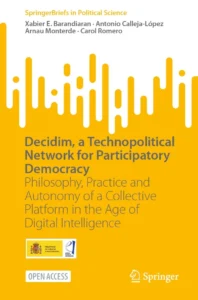
Why Decidim?
Decidim stands out for its unique commitment to democratizing the decision-making process. Unlike the conventional bipartisan system that has historically divided decision-making into two opposing camps, Decidim integrates tools that promote inclusivity, collaboration, and real deliberation. This decentralized approach aligns with emerging trends in governance where communities aspire to have direct say over decisions that shape their lives.
The tools offered by Decidim enable users to propose, debate, and vote on policies or projects, creating a comprehensive platform for participatory democracy. By embedding transparency and accountability at each stage, this platform diminishes the influence of lobbying power—a notable concern as monopolies and monopsonies exert significant control over the American economy.
Decentralized Governance: An Antidote to Concentrated Power
The shift to a decentralized model can counter the monopolistic structures that have permeated the American economy. These structures often wield disproportionate influence on policy through extensive lobbying and regulatory capture. Decidim’s decentralized framework contrasts sharply with such entrenched systems by distributing decision-making power across the community.
Through its structure, Decidim enables local governments and communities to reassert control over their public services. In cases where municipal broadband networks have been successfully established, communities have resisted the economic grip of large telecoms and provided more equitable access to essential internet services. This model underscores the potential of community-driven solutions that challenge the status quo and foster local resilience.
Practical Examples and Community Empowerment
Municipal broadband is a prime example of how decentralized governance can tackle issues traditionally overlooked by mainstream bipartisan solutions. Across the U.S., nearly 450 municipal broadband networks now provide essential services. These initiatives demonstrate that when communities take ownership of infrastructure, they can prioritize equitable access over profit-driven models.
Decidim, as a tool for participatory democracy, can be adapted to support similar initiatives, enabling communities to make decisions collectively about local services, including broadband. It offers a clear pathway for discussions, voting, and policy development, ensuring that community voices shape their digital landscape.
Addressing Lobbying and Economic Control
The centralized control of infrastructure by a few powerful players often leads to monopolistic practices that stifle competition and innovation. Decidim’s model empowers localities by fostering independent decision-making that prioritizes public interest over private profits. This approach aligns with the ethos of “governable spaces”—democratic environments that decentralize power and enhance community agency.
Conclusion: Moving Towards Digital Democracy
As America grapples with digital equity challenges and economic disparity, tools like Decidim offer hope for a future where governance is more inclusive and less partisan. The platform’s participatory nature supports collective governance, giving people the ability to shape policies that reflect their shared values and interests. By integrating such models into our communities, we pave the way for a robust, decentralized democracy that stands resilient against undue economic influences and enriches public life.
The future of decision-making may well depend on adopting these innovative, non-partisan approaches that prioritize equity, transparency, and local empowerment. Decidim is more than just a tool; it represents a movement towards reclaiming democratic agency in an age where centralized power has too often marginalized true civic participation
Contact us if you would like to be involved or just updated when we launch.
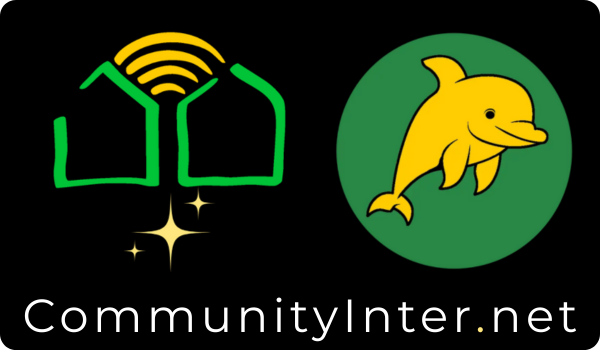
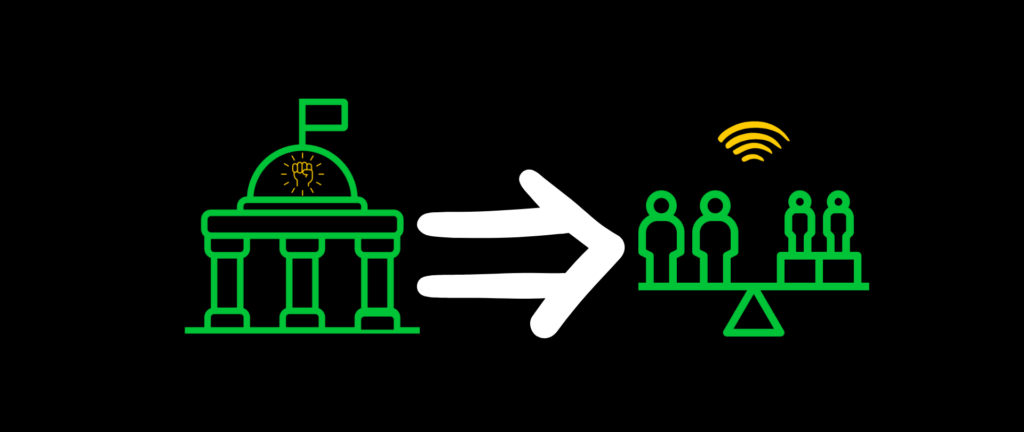


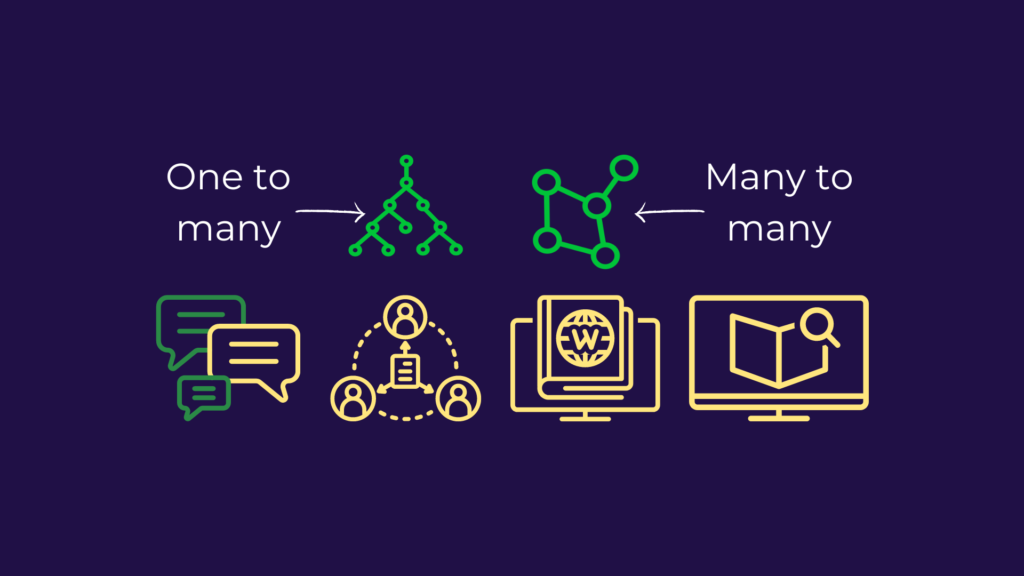
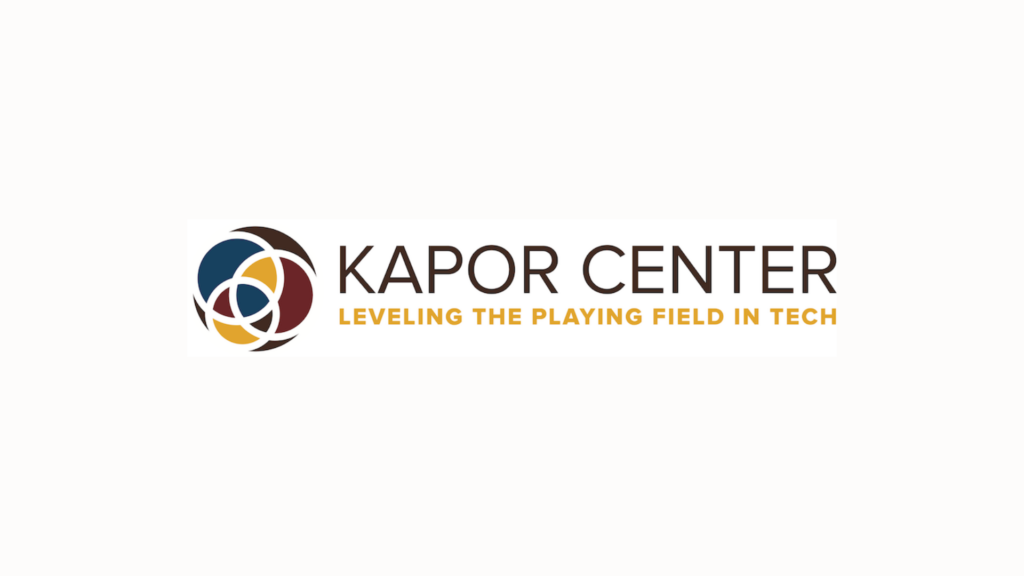
Responses